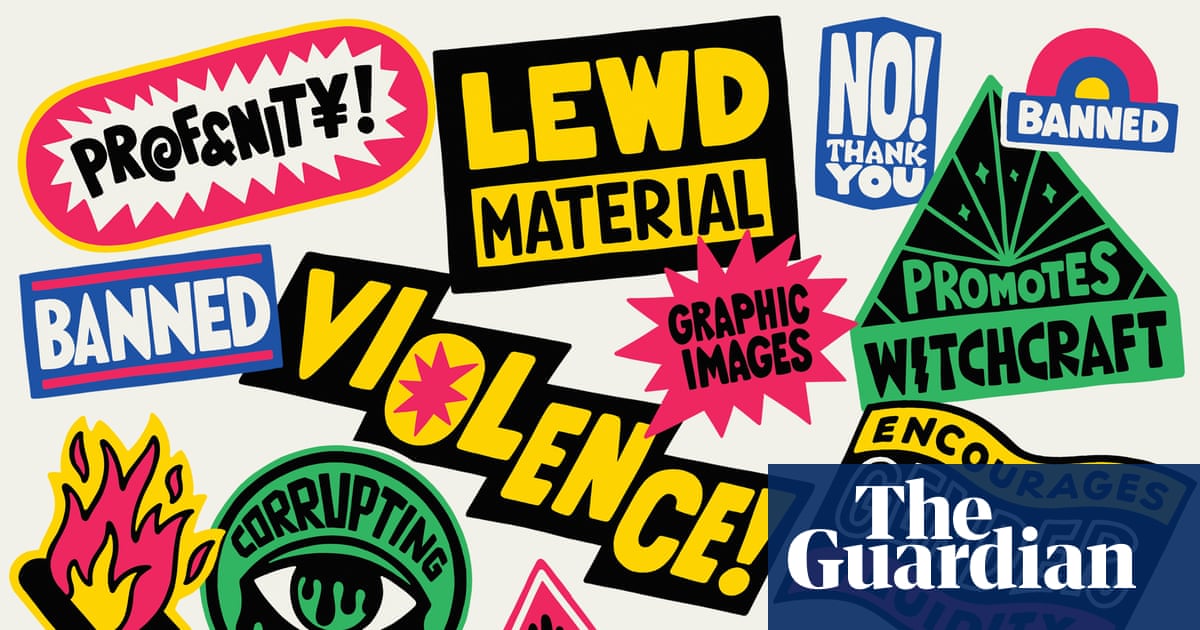
"The banning of books, it would be easy to think, is a relic of less enlightened ages. The Catholic church, in a last spasm of rectitude, added Jean-Paul Sartre, Alberto Moravia and Simone de Beauvoir to its Index of Forbidden Books during the 1940s and 50s, but then abandoned the list, which had lasted four centuries, in 1966. Public book burnings by Nazis or McCarthyites, too, might be assumed to be nothing more than a baleful warning from the past."
"Yet the burning of books still appears an irresistible act to some even in the country with the strongest statutory protection of free speech, the United States. In 2019, students at Georgia Southern University burned copies of visiting Cuban-American author Jennine Capo Crucet's Make Your Home Among Strangers, some shouting Trump 2020!. In 2022, the Nashville pastor Greg Locke held a public bonfire for demonic books, including the Harry Potter and Twilight series."
"Censorship used to occur largely at the level of governments or other transnational authorities. It still does in authoritarian countries such as Iran and China, but western states generally liberalised in the mid-20th century. Yet a weaker form of censorship has long persisted within the American school system, where individual books are subject to challenge by parents who consider them inappropriate material for their children. Often, school boards will respond by removing those books from school libraries, in which case they have effectively been banned."
"The phenomenon has accelerated in recent years. The machinery of school censorship in the US has also become significantly more corporate. According to the American Library Association's analysis of its 2024 data, the majority of book censorship attempts are now originating from organised movements. Pressure groups and government entities that include elected officials, board members and administrators initiated 72% of demands to censor books in school and public libraries."
Book banning persists in the United States despite strong statutory free-speech protections. Historical state and institutional censorship declined in the West during the mid-20th century, yet public book burnings and bans continue. Schools have long been sites of censorship when parents challenge individual titles and school boards remove books from libraries. Recent years show an acceleration of challenges and removals. Organised movements, pressure groups, and government entities now initiate the majority of censorship demands in school and public libraries, with 72% of demands originating from such actors, reflecting more corporateized censorship mechanisms.
Read at www.theguardian.com
Unable to calculate read time
Collection
[
|
...
]